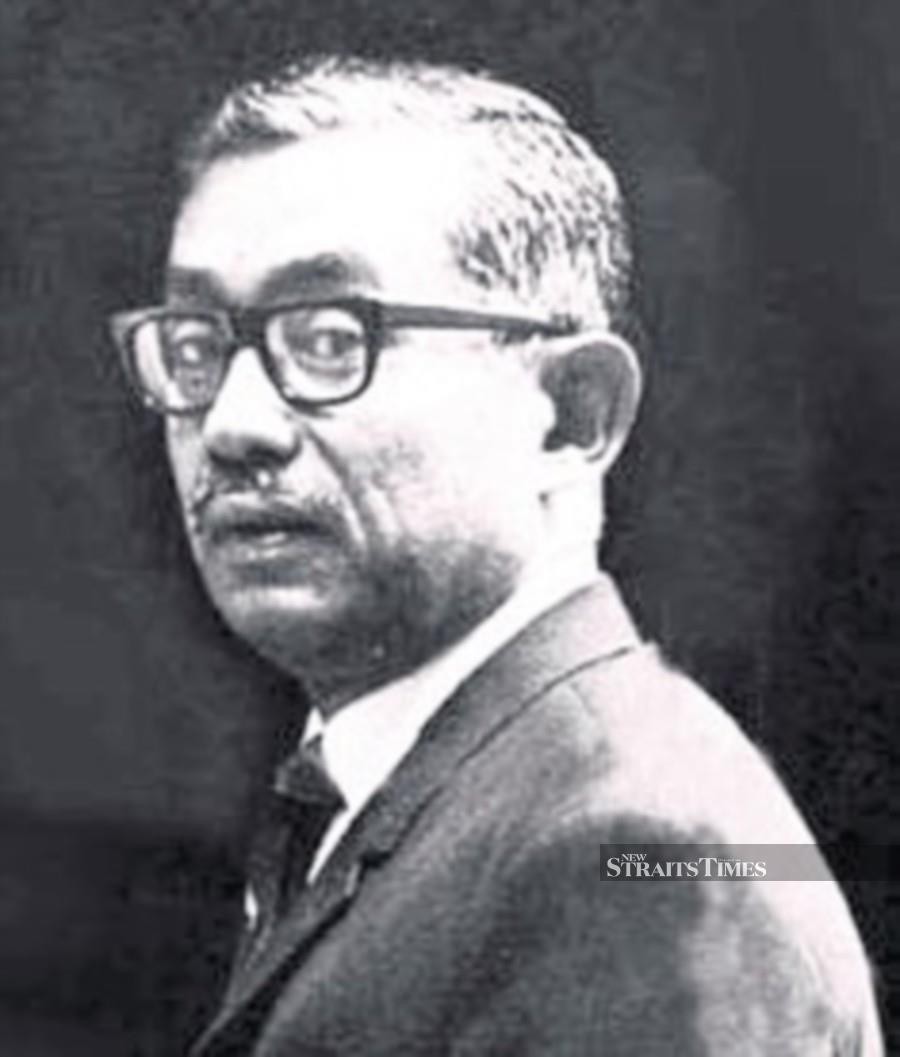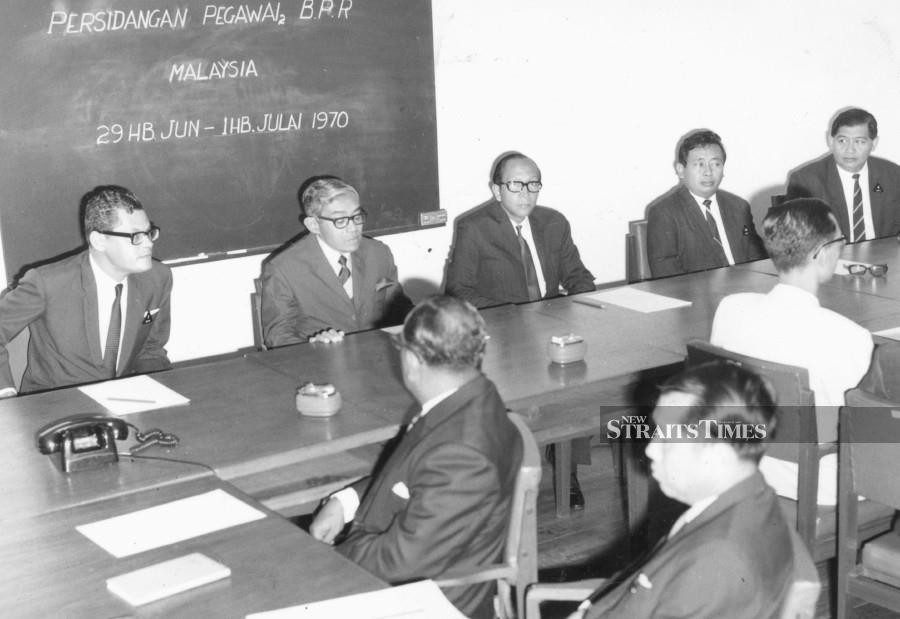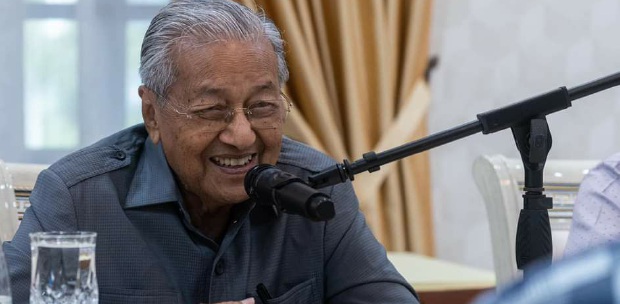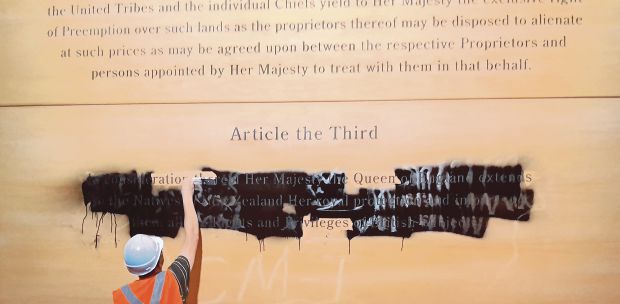GENERATION Z is probably puzzled and filled with questions if someone suddenly asks them about Tun Dr Ismail Abdul Rahman. Is it a namesake of the mid-sized township in Kuala Lumpur or the MRT station?
History probably remembers him as a former deputy prime minister and the first person to be laid to rest at the Heroes' Mausoleum (Makam Pahlawan) near Masjid Negara. Nonetheless, to readers who know the diplomatic history of Malaysia, this renowned figure is also responsible for charting the orientation of Malaysia's foreign policy.
As the United Nations celebrates its 75th anniversary this month, Malaysians should not forget the deeds of Tun Dr Ismail in rendering his services to our beloved country by building the nation's foreign relations.
Barely a month after independence, Tun Dr Ismail was appointed the first ambassador to the United States and concurrently accredited to the UN.
When Malaya (as we were known then) became a member of the UN on Sept 17, 1957, he stood dashingly on the podium of the General Assembly, wearing a full set of Malay traditional dress (complete with the keris and traditional headgear), and gave an inaugural speech that marked Malaysia's commitment to perpetuating peaceful co-existence in the international system.
Throughout his stint at the UN from 1957 to 1959, he played an important role in building our country's reputation.
It was a precarious time for the world. World War 2 had just ended 12 years before, the colonial powers were gradually disintegrating, and the West had just been riven by the Cold War.
As a small and newly independent state, Malaya needed someone who could represent the country at the international platform and steer its diplomatic relations at the then bi-polar world system.
This was where Tunku Abdul Rahman made some fateful decisions about who was supposed to take up Malaya's top diplomatic post to the UN.
The candidate must be senior enough in local politics, well versed in the dynamics of international affairs, and be a trusted ally to the Tunku himself.

Therefore, Tun Dr Ismail was a likely candidate who met the pre-requisites of the anglophile and visionary Tunku. Tun Dr Ismail shared the same political perspective as the Tunku.
Both were liberals in a manner of political ideology and nationalists at heart.
Since then, Malaysia had played an active engagement in international diplomacy under the UN mandate, while standing firmly on the principles of independence and pragmatic foreign policy.
As Tun Dr Ismail was concurrently accredited as an ambassador to Washington, his appointment was vitally important in managing Malaya's bilateral relations with the superpower that mattered the most to us then — the US.
The logic of the Cold War had rendered this small country with limited alignment choices. The Communist insurgency was tearing apart the economy and undermining the security of a fledgling nation. Hence, the only feasible choice was to align ourselves with the US-led allies.
Nonetheless, being closer to the US did not mean Malaya had to be a lamb of the Allied bloc.
As the Allied powers themselves did not adopt the attitude of "a dog in a manger", we were free to forge relations with other countries like the Afro-Asian group.
This was where Tun Dr Ismail showed his ability as a skillful diplomat by making Malaysia a co-sponsor to the application by India to have sensitive issues like "apartheid" in South Africa to be included in the agenda of the General Assembly.
Despite his brief stint at the UN, Tun Dr Ismail had proven our ability to play an important role in the international arena. He was not only responsible for setting up the Permanent Mission in New York, he was also instrumental in positioning our country in the diplomatic realm.
To quote his inaugural speech at the General Assembly on Sept 17, 1957: "It is in the strength of our people that we shall find the inspiration to shoulder the responsibility, which membership in the United Nations bestows upon us."
We, the younger generation, thank you for your service. God bless his soul.
The writer is executive director of NADI Centre, a consulting firm focused on strategic policy research and advocacy





